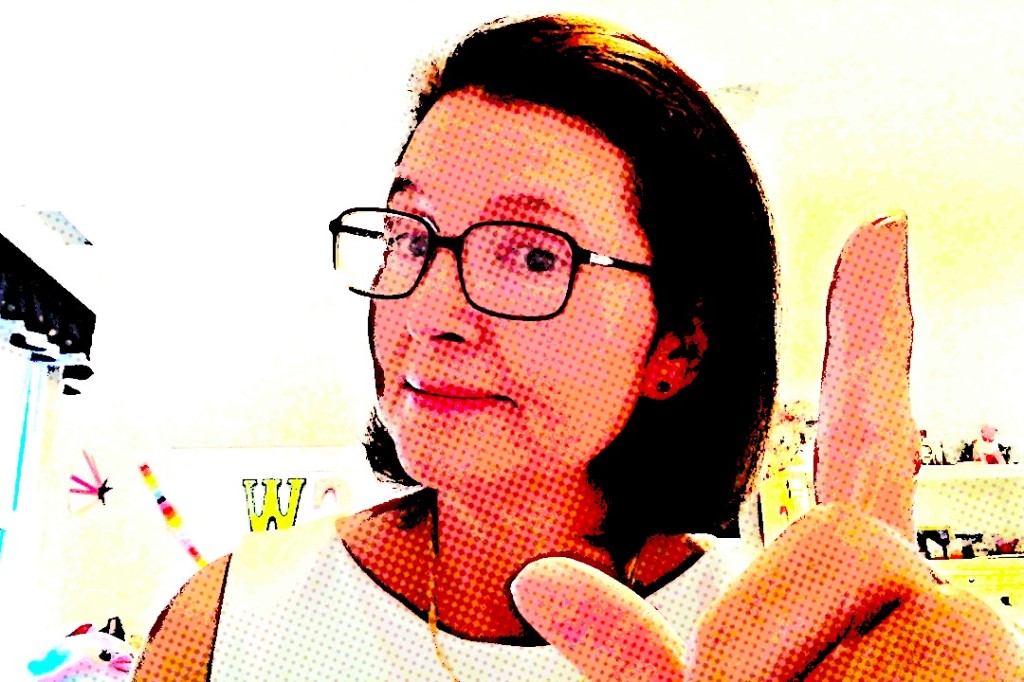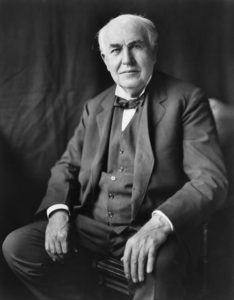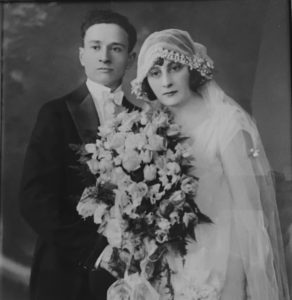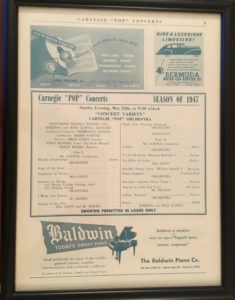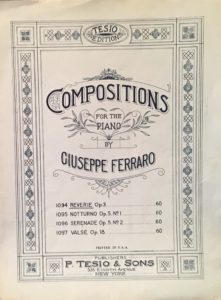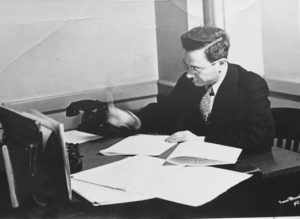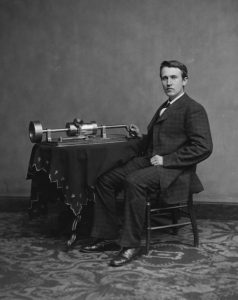Have you ever felt that you had a monkey on your back? I saw my therapist this week and told him that I finally got the monkey off my back.
“Flying monkey?” he asked scribbling notes on his pad. A little while back he had diagnosed me with Yellow Brick Road Fever, a disorder where mothers long for a place over the rainbow without ring around the collar or toilet bowl.
“No, not a flying monkey,” I told him, ” I’ve finally published my Easter book PETER and the PUPPET.”
“Eggcellent, so the therapy is working?” he said tapping his foot with excitement. Then he started going bananas hopping up and down.
My therapist, Dr. Harry Pillsberry, is a leading authority in the field of neurosis brought on by motherhood. He said that my particular disorder usually afflicts guilt-ridden mothers who ignore their families to write books about puppets.
“How many years have you been writing the book?” he asked.
“29 years,” I said.
“What about the laundry?” he asked.
“My husband’s socks walk around the house on their own. His underwear – don’t go there,” I said.
“What about the meals?” Dr. Pillsberry asked.
“Mr. Kraft and Mrs. Campell have been doing most of the cooking for me.”
“What about the dog?” he asked now sounding very worried.
She lights up my life.
